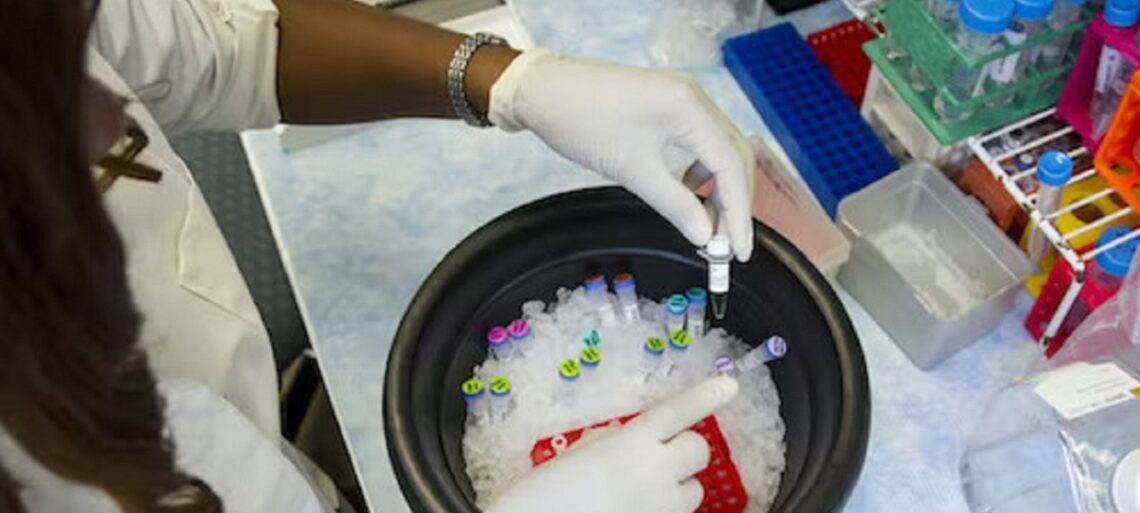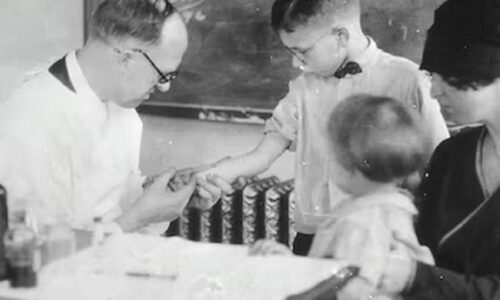
Stage 4 Ovarian Cancer: Symptoms, Treatment, and Support
Ovarian cancer is a formidable adversary, and when diagnosed at Stage 4, it presents significant challenges for both patients and their loved ones. Stage 4 ovarian cancer signifies that the disease has advanced to its most severe stage, spreading beyond the ovaries to distant organs. In this article, we will explore the characteristics of Stage 4 ovarian cancer, the available treatment options, coping strategies for patients and their families, and the importance of maintaining hope throughout the journey.
Understanding Stage 4 Ovarian Cancer
Stage 4 ovarian cancer is characterized by the spread of cancer cells to distant organs such as the liver, lungs, or other parts of the abdomen. This advanced stage often means that the cancer is more difficult to treat and may require a comprehensive and personalized approach to manage symptoms and enhance the quality of life.
Diagnosis and Staging
Diagnosing Stage 4 ovarian cancer typically involves a combination of imaging tests, biopsies, and blood tests. Staging is crucial in determining the extent of cancer spread and influencing treatment decisions. The International Federation of Gynecology and Obstetrics (FIGO) staging system is commonly used, with Stage 4 indicating the most advanced form of the disease.
Treatment Options
While the prognosis for Stage 4 ovarian cancer can be challenging, various treatment options aim to manage symptoms, slow the progression of the disease, and improve the patient’s overall quality of life. These may include surgery, chemotherapy, targeted therapy, and immunotherapy. Palliative care is also an integral part of treatment, focusing on relieving symptoms and enhancing the patient’s well-being.
- Surgery: Surgical intervention may involve removing as much tumor tissue as possible, known as debulking surgery. However, the extensive spread of cancer in Stage 4 may limit the effectiveness of surgery.
- Chemotherapy: Chemotherapy remains a cornerstone in the treatment of advanced ovarian cancer. Different drug combinations are used to target cancer cells and inhibit their growth. While chemotherapy may not cure Stage 4 ovarian cancer, it can help manage symptoms and extend survival.
- Targeted Therapy: Targeted therapies focus on specific molecules involved in cancer growth, minimizing damage to healthy cells. Drugs like bevacizumab may be used to block the formation of new blood vessels that nourish cancer cells.
- Immunotherapy: Immunotherapy harnesses the body’s immune system to target and destroy cancer cells. While still an evolving field in ovarian cancer treatment, ongoing research is exploring the potential of immunotherapeutic approaches.
Coping Strategies
A Stage 4 ovarian cancer diagnosis can be overwhelming, both physically and emotionally. Coping strategies are crucial for patients and their families to navigate this challenging journey:
- Open Communication:
- Establish open communication with healthcare providers to fully understand the diagnosis, treatment options, and potential side effects.
- Encourage honest and open discussions among family members to share feelings and concerns.
- Emotional Support:
- Seek emotional support from friends, family, or support groups to cope with the emotional toll of the diagnosis.
- Consider counseling or therapy to help navigate complex emotions and foster resilience.
- Quality of Life Focus:
- Prioritize activities that bring joy and fulfillment, focusing on maintaining the best possible quality of life.
- Engage in activities that promote mental and emotional well-being, such as meditation or creative outlets.
- Palliative Care:
- Embrace palliative care services to manage symptoms and improve overall comfort.
- Involve a multidisciplinary team, including palliative care specialists, to address physical, emotional, and spiritual needs.
- Clinical Trials:
- Explore participation in clinical trials, which may offer access to cutting-edge treatments and contribute to advancements in ovarian cancer research.
Maintaining Hope
Hope is a powerful force that can positively impact the journey through Stage 4 ovarian cancer. While the challenges may seem insurmountable, several factors contribute to maintaining hope:
- Advancements in Research:
- Stay informed about the latest advancements in ovarian cancer research and treatment options.
- Participate in discussions with healthcare providers about emerging therapies and clinical trials.
- Support Networks:
- Connect with others who have faced or are facing similar challenges through support groups or online communities.
- Share experiences and insights to foster a sense of solidarity and hope.
- Personalized Treatment Plans:
- Emphasize the importance of personalized treatment plans tailored to individual needs and responses.
- Work closely with healthcare providers to explore all available options and make informed decisions.
- Life Beyond Diagnosis:
- Acknowledge and celebrate the meaningful moments in life, focusing on the present and creating positive memories.
- Explore opportunities for personal growth, such as learning new skills or engaging in activities that bring fulfillment.
Conclusion
Stage 4 ovarian cancer is a formidable adversary, but with advancements in research, comprehensive treatment approaches, and a focus on emotional well-being, patients can navigate this challenging journey with resilience and hope. Open communication, support networks, and personalized care are essential elements in improving the quality of life for those facing Stage 4 ovarian cancer. As we strive for breakthroughs in treatment and understanding, fostering hope remains a vital component in the battle against this complex and relentless disease.
Visit for more information: Doxycycline uses | Symptoms of heart attack
Aahana Gupta
Aahana Khan is a versatile content writer who skillfully combines her expertise in biotechnology with creative communication. Her strong educational background in biotechnology provides a scientific lens to her writing, making complicated ideas easy to understand for a wide range of readers. Driven by her passion for effective communication, she seamlessly transitioned from her biotechnology roots to a thriving career in content writing.




